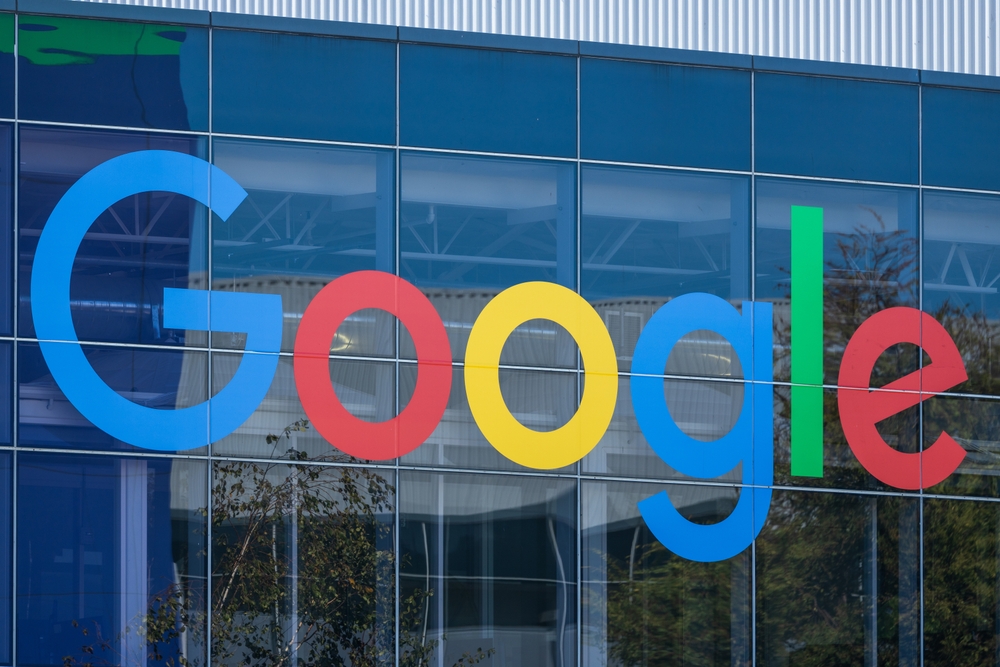Shortly before the announcement of the new IBM z17 mainframes, Google introduced a range of new AI tools based on Gemini models and related technologies for infrastructure modernization and mainframe workload migration to Google Cloud.
Assessment, Rewriting, and Testing with Gemini
The Google Cloud Mainframe Assessment Tool (MAT), now available, is based on Gemini AI models. It helps assess and analyze the health of mainframes, including applications and data, to support informed decisions about modernization. MAT provides deep code analysis, generates clear explanations of code behavior, and automates documentation creation. These capabilities speed up code understanding and stimulate the modernization process.

The Google Cloud Mainframe Rewrite tool, currently available in preview mode, also utilizes Gemini models. It enables developers to rethink and transform mainframe code by rewriting it in modern languages such as Java and C#. This tool includes an integrated development environment (IDE) for code modernization, testing, and deployment of updated applications to Google Cloud.
To reduce risks during modernization, Google Cloud Dual Run is available for deep testing, certification, and performance assessment of modernized applications. This tool allows organizations to verify the correctness and completeness of modernized code during migration and prior to full replacement of legacy systems. Dual Run compares the data outputs of the legacy and modern systems to detect discrepancies and ensure continuity.
Partner Solutions and Structured Migration Program
Beyond Google’s in-house tools, several Google Cloud partners have developed their own modernization solutions. One example is Mechanical Orchard, which offers a platform that quickly rewrites COBOL applications into modern programming languages like Java and Python. This process retains the business logic and functionality of the original applications. The platform allows step-by-step rewriting using generative AI, ensuring correctness through incremental testing and validation. The goal is to produce a cloud-compatible, functionally equivalent version of the legacy application.
Google has also launched the Mainframe Modernization with Gen AI Accelerator program. Through this initiative, Google has partnered with Accenture, EPAM, and Thoughtworks to assist organizations in mainframe migration. The program is structured into three phases. The first involves code review using MAT and Gemini tools. The second introduces a pilot project to evaluate the modernized code in a controlled environment. The third and final phase is a full migration to Google Cloud. Early adopters can take advantage of a trial period lasting four to eight weeks (not including costs related to Google Cloud usage).
NIXSolutions notes that despite the rise of cloud platforms and AI-driven modernization tools, mainframes continue to play an important role in many enterprises. According to a survey by Kyndryl involving 500 IT executives, many organizations are not abandoning mainframes but instead integrating them with public and private clouds. These companies are evolving their infrastructure by moving selected workloads off mainframes or modernizing them directly.
We’ll keep you updated as more integrations become available and as additional partners join Google’s modernization ecosystem.
